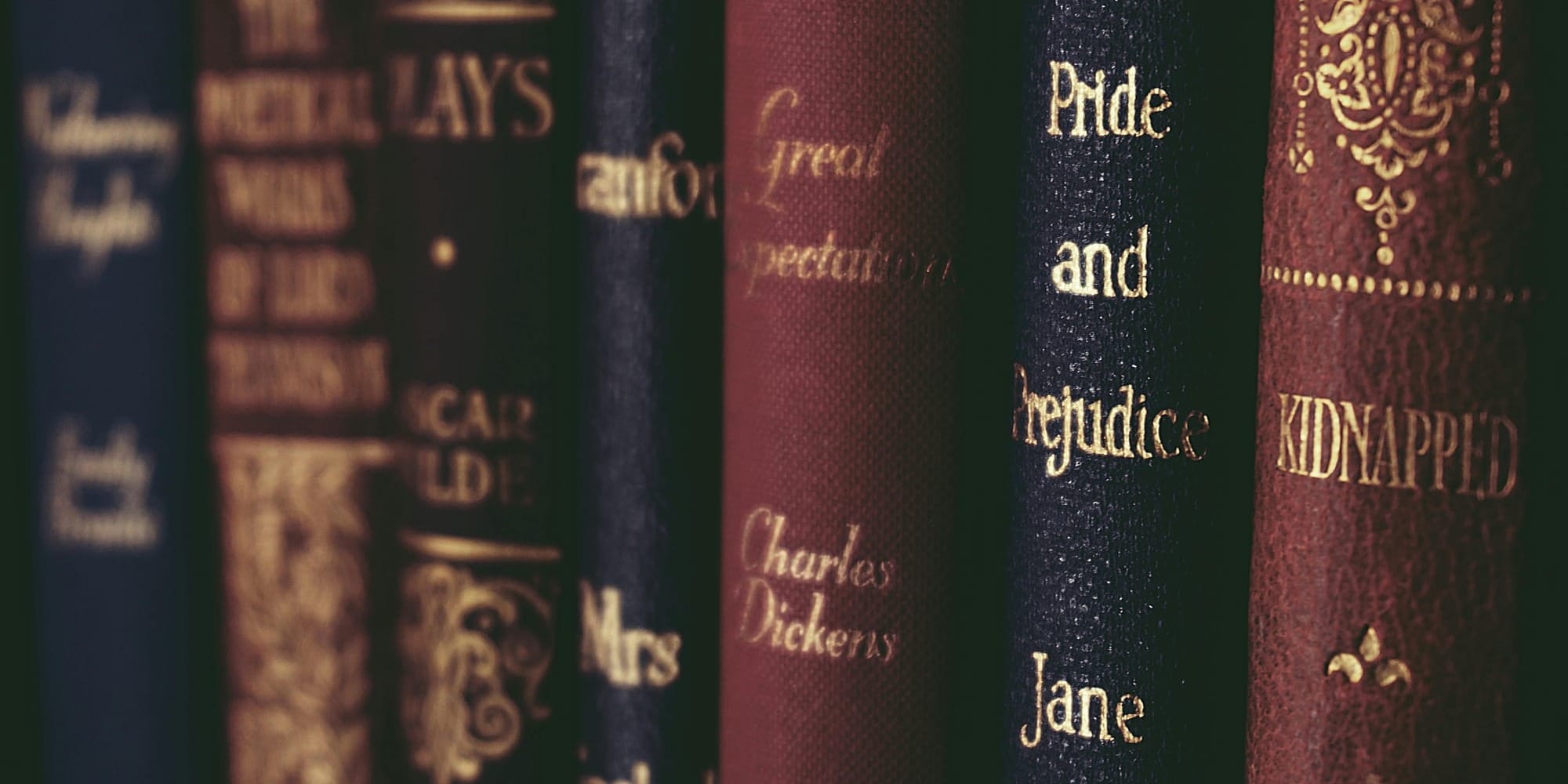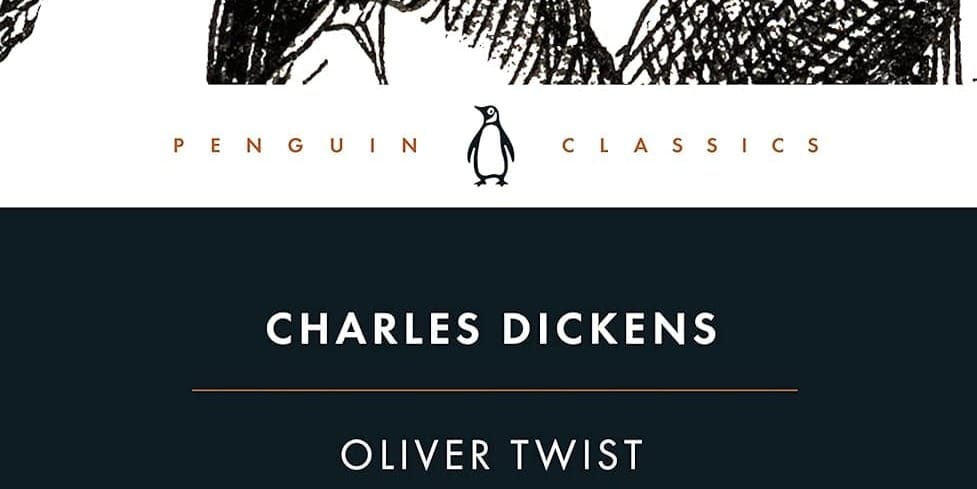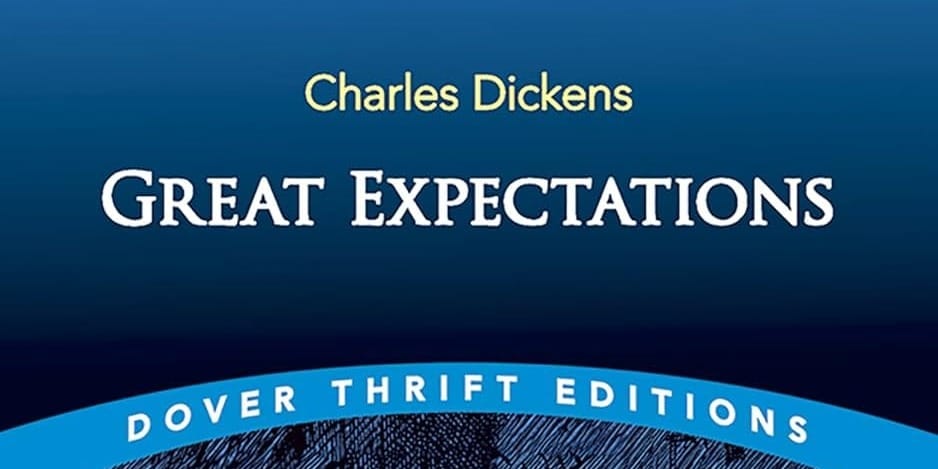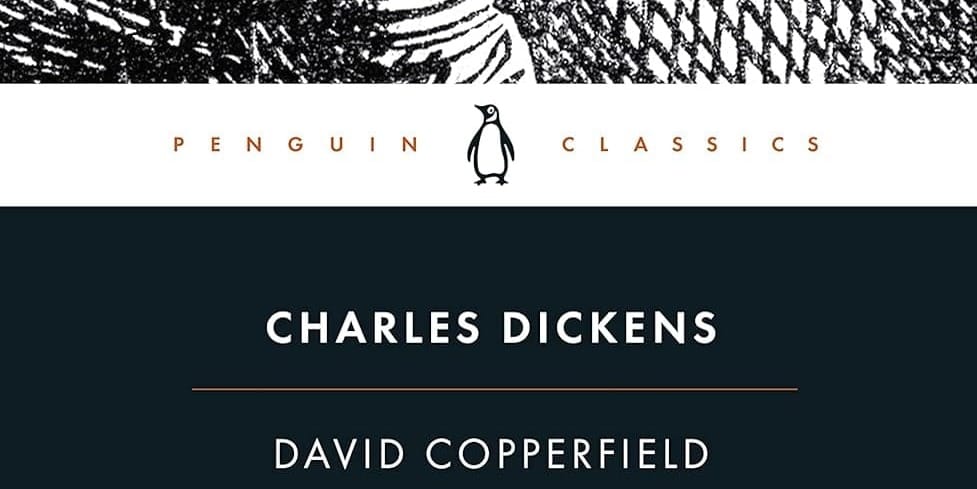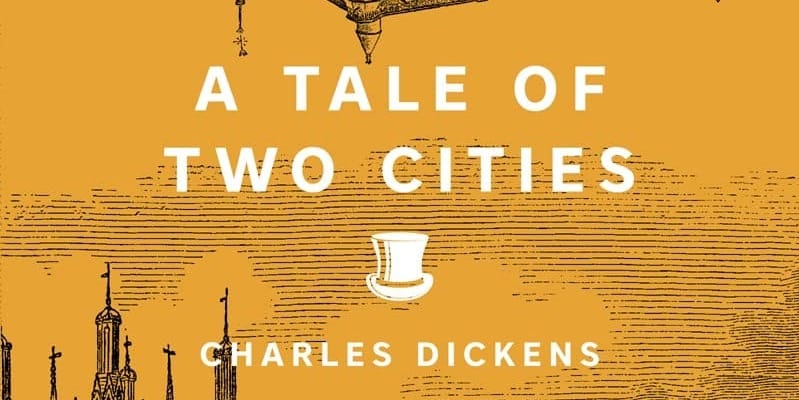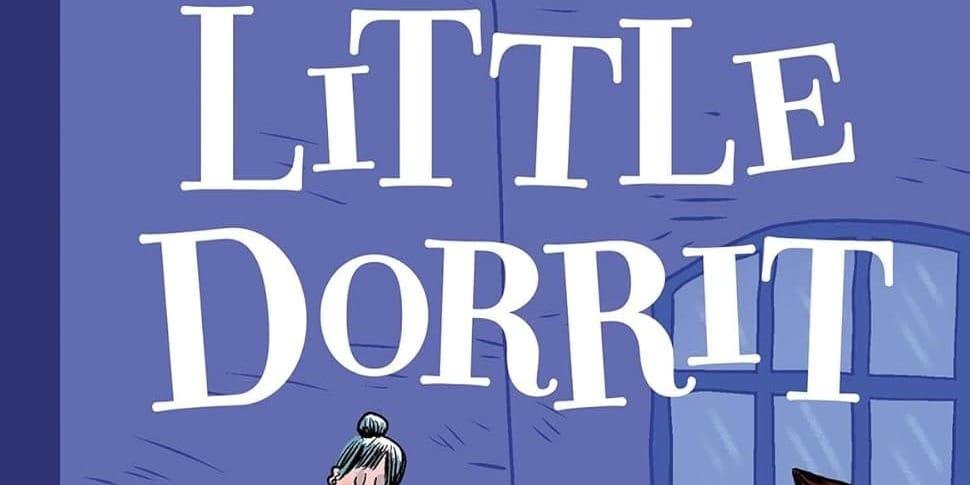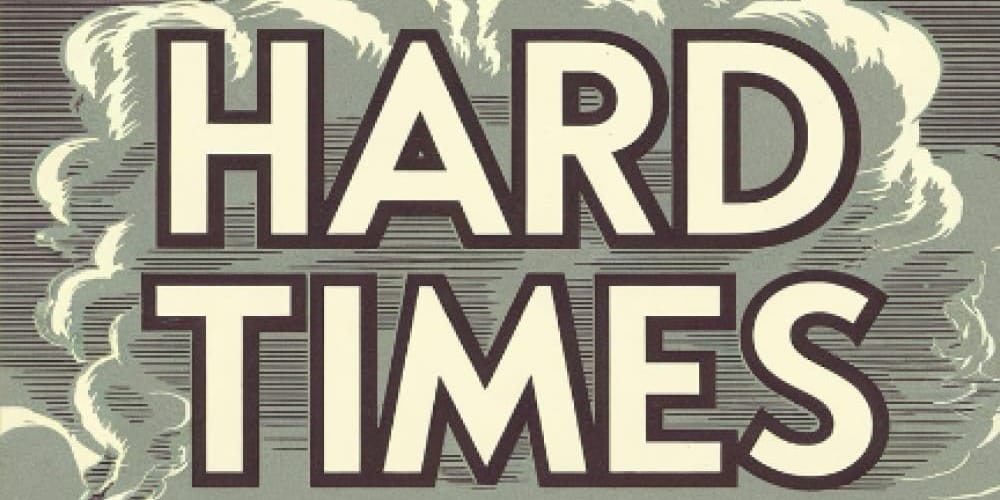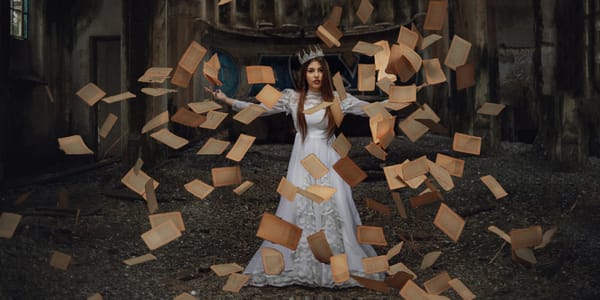Charles Dickens holds an enduring place in classic literature. Renowned for his vivid characters, memorable narratives, and powerful social commentary, Dickens' novels are essential to understanding Victorian England and timeless human nature. His works resonate across generations, capturing universal themes such as love, struggle, social injustice, and redemption. This article presents the 7 best Charles Dickens novels that every book enthusiast should explore.
Why Read Charles Dickens' Novels?
Reading Dickens goes beyond appreciating classic literature—it means exploring vibrant worlds filled with unforgettable characters and profound life lessons. Dickens masterfully depicted Victorian literature's social conditions, from poverty and child labor to class struggles and resilience. His novels draw readers into emotionally rich and intellectually engaging narratives. Exploring Dickens also provides a gateway to broader classic literature themes, such as those found in historical classics, connecting readers with literary traditions.
Oliver Twist
"Oliver Twist" might be Dickens' most iconic Dickensian novel, known widely for the famous plea, "Please, sir, I want some more." The novel vividly portrays Victorian literature’s harsh realities, showing the struggles of an orphan named Oliver navigating a dark, morally corrupt society. Dickens not only critiques social injustice but also creates suspenseful narratives filled with compassion and memorable characters like the villainous Fagin and kind-hearted Nancy. Its compelling critique makes it a perfect introduction to classic literature.
Great Expectations
Considered among the finest Dickensian novels, "Great Expectations" is a profound coming-of-age story following Pip, whose sudden rise from poverty to wealth reveals Victorian literature’s moral complexities and societal hypocrisies. This introspective narrative explores ambition, love, guilt, and redemption. Characters like the haunting Miss Havisham and enigmatic Estella symbolize both promise and peril. This novel particularly resonates with readers exploring timeless classics involving deep personal transformation.
David Copperfield
Often considered Dickens’ most autobiographical work, "David Copperfield" captures themes of growth, perseverance, and self-discovery. As one of the most famous English authors, Dickens injects authenticity into young David's journey through challenges like cruelty, abandonment, loss, friendship, love, and eventual success. Rich storytelling brings unforgettable characters, including the delightful Mr. Micawber and sinister Uriah Heep. Fans of must-read classics will find this detailed portrayal of Victorian life immensely rewarding.
A Tale of Two Cities
Set during the French Revolution, "A Tale of Two Cities" masterfully intertwines political drama, romance, and sacrifice. This Dickensian novel contrasts London and Paris, examining revolutionary ideals and their human costs. Famous for its opening line, "It was the best of times, it was the worst of times," it reflects universal human experiences. Readers interested in classic war novels will especially appreciate its rich historical context and poignant narrative.
Bleak House
"Bleak House" stands out in Victorian literature as a powerful critique of England’s legal and social systems, centering around the endless court case Jarndyce v. Jarndyce. Dickens masterfully weaves multiple subplots and diverse characters, illustrating institutional corruption's human impact. Renowned for its detailed characterization and innovative style, combining third-person storytelling with Esther Summerson's first-person account, this literary classic with social commentary enlightens and deeply moves readers.
Little Dorrit
Among literary classics, "Little Dorrit" is a Dickensian novel exploring imprisonment and freedom through the Dorrit family’s experiences in the Marshalsea debtors' prison. Amy Dorrit, the compassionate heroine, symbolizes resilience amid hardship. Dickens critiques societal obsessions with wealth and status, revealing moral bankruptcy underlying Victorian prosperity. Readers intrigued by philosophical classics on human nature and society’s illusions will find "Little Dorrit" especially compelling.
Hard Times
As a vital part of Victorian literature, "Hard Times" offers a powerful commentary on industrialization’s dehumanizing effects. Set in the fictional industrial town of Coketown, the novel highlights conflicts between utilitarian philosophy and human compassion. Characters represent conflicting worldviews, from Thomas Gradgrind’s cold pragmatism to working-class family struggles. Readers interested in dystopian classics will find striking parallels between Dickens' industrial Coketown and contemporary technological and economic issues.
Why Charles Dickens' Novels Still Matter in Classic English Literature
Dickens’ novels are timeless because they deeply explore human nature, social structures, and ethical dilemmas that transcend time and geography. His insightful critique of society remains astonishingly relevant, addressing issues such as social injustice, inequality, and the human spirit's endurance. Dickens' characters are not merely fictional—they embody the virtues and flaws we recognize within ourselves and others, making his works profoundly relatable. Additionally, Dickens laid foundational stones in literature, influencing genres like mystery and thriller classics with his engaging narratives and emotional depth. Reading Dickens today connects us not just to the past but to enduring truths about humanity, reinforcing why he continues to be an essential figure in English literature.
💬 Psst… Many of the books from the list are available to read for free with Kindle Unlimited or listen for free with Audible — both offer 30-day free trials for new users. Perfect if you’re trying to read (or listen to) more without spending more.

